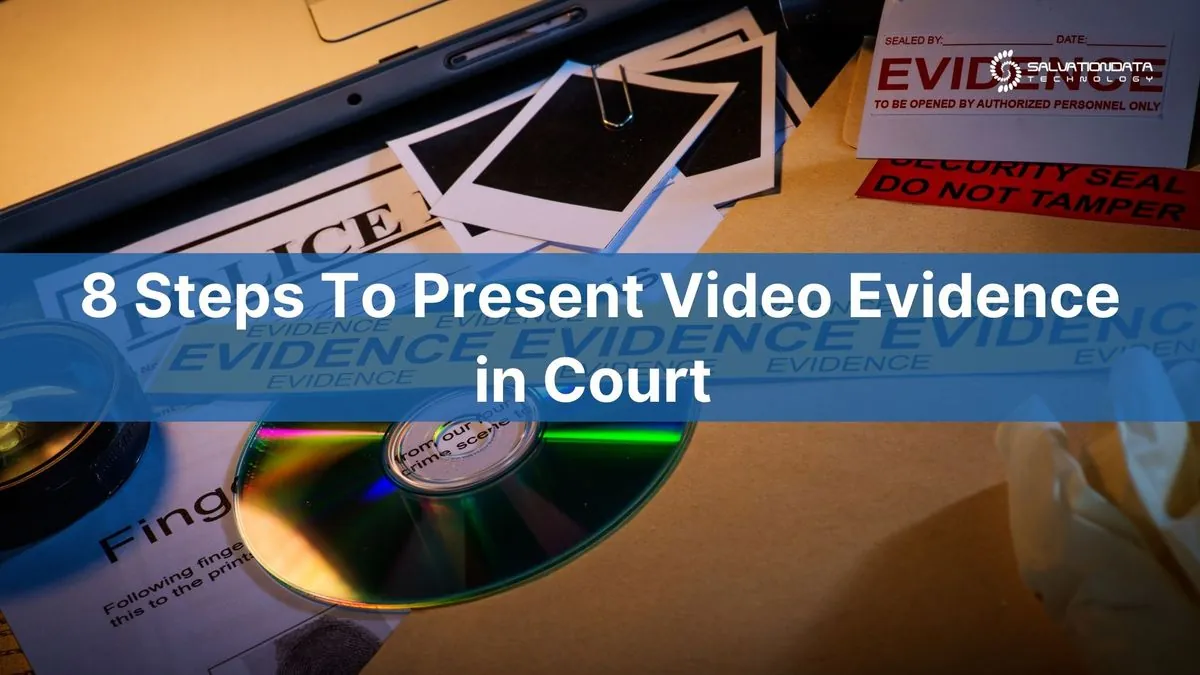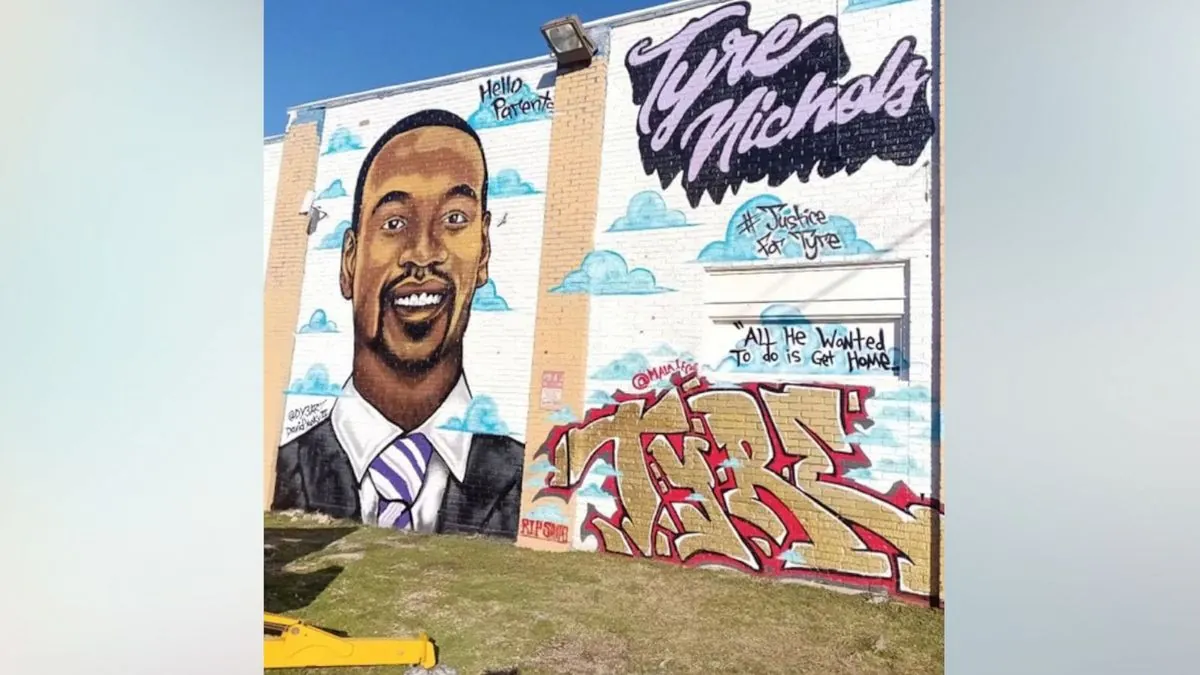Memphis Officers' Trial: Defense Gambles on Repeated Video Screenings
In the trial of three former Memphis officers accused of killing Tyre Nichols, defense attorneys repeatedly show footage of the incident. Experts debate the risks and potential benefits of this strategy.

In Memphis, Tennessee, the federal civil rights trial of three former police officers accused of fatally beating Tyre Nichols has entered a critical phase. The defense team has adopted a bold strategy, repeatedly presenting video footage of the violent encounter to the jury.
The trial, taking place approximately 21 months after the incident, focuses on Tadarrius Bean, Demetrius Haley, and Justin Smith, who face charges of excessive force, failure to intervene, and witness tampering. Additionally, they are confronting second-degree murder charges in state court.
Defense attorneys have consistently chosen to display body camera and surveillance footage capturing the altercation between five Memphis Police officers and the 29-year-old Nichols, who fled a traffic stop in January 2023. This approach aims to scrutinize specific details and potentially create doubt in the jurors' minds.

The Memphis Police Department, established in 1827, has found itself at the center of a case that echoes the nationwide debate on police brutality and racial justice. This trial occurs against the backdrop of increased scrutiny of law enforcement practices, particularly since the rise of the Black Lives Matter movement in 2013.
During the proceedings, RowVaughn Wells, Nichols' mother, has consistently left the courtroom when the footage is shown, unable to watch the distressing scenes. The emotional impact of the video on jurors has been evident, with one visibly distressed juror covering their ears during a slow-motion replay.
"Several of Bean's punches landed on Nichols's hands, not his face."
Legal experts have weighed in on the defense's strategy. Carol B. Anderson, a retired clinical professor from Wake Forest University School of Law, noted, "It's a risky strategy. If lawyers make certain information more available to us, if we see it a lot, we get more comfortable with it. If it's something awful, it tends to lose its shock value."
The defense team's approach bears similarities to the strategy employed in the 1991 Rodney King case, where Los Angeles police officers' attorneys also embraced video evidence to argue for reasonable force. However, a key difference lies in the venue; the King trial was moved to a more conservative area, while the current trial remains in Memphis, a city with a rich history of civil rights activism.
Ellen Leggett, founder of Leggett Jury Research, explained the potential impact of the defense's tactics: "They are deliberately deconstructing the event down into small tidbits that they assume will deconstruct the impact emotionally."
As the trial progresses, with closing arguments expected soon, the effectiveness of this strategy remains to be seen. The case highlights the complex interplay between video evidence, jury psychology, and the pursuit of justice in high-profile police misconduct cases.


































